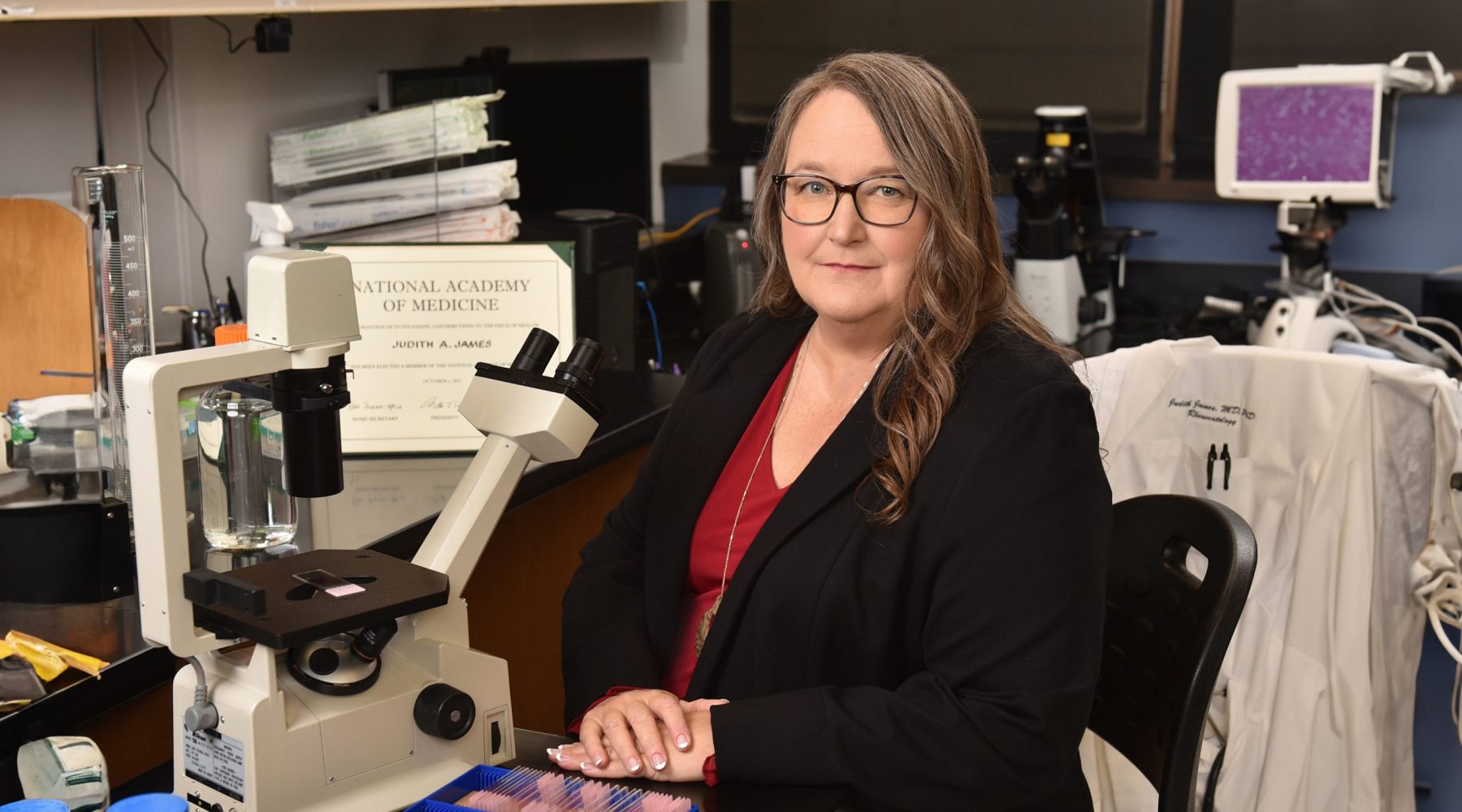Dear Dr. James,
Can metastatic breast cancer cause or contribute to dementia?
Stephanie Fowler
Norman, OK
Dr. James Prescribes
Understanding the relationship between breast cancer and dementia is quite complicated. Numerous epidemiological analyses, which look at statistics gathered from large numbers of people and attempt to establish correlations, have yielded decidedly mixed answers.

In women, breast cancer is the second most common form of cancer, trailing only skin cancer. Each year, doctors diagnose more than 300,000 new cases in the U.S., representing roughly 30% of all cancer diagnoses. A woman has a 1 in 8 chance of being diagnosed with breast cancer in her lifetime. The average age of diagnosis is 62, and the five-year survival rate is 91%.
Source: American Cancer Society
For example, a pair of studies from 2023 reached quite different conclusions. One, gathered from an analysis of Swedish women ages 50 and over during a 25-year period, found that those who had survived breast cancer had no greater risk of dementia than their cancer-free counterparts. However, the researchers determined that those women diagnosed with breast cancer after age 65 had a higher risk of dementia – a category that included Alzheimer’s disease as well as dementia from other causes – than their peers without a cancer diagnosis.
This finding ran contrary to a study from South Korea, which found that a diagnosis of breast cancer was associated with a “remarkably” decreased risk of dementia. That conclusion echoed those from earlier studies, which had likewise identified a so-called inverse association between the two conditions. The newest findings, the authors wrote, “strongly suggest” that a diagnosis of breast cancer lowers a woman’s risk of dementia, “regardless of the adverse effects of cancer treatment on cognitive function.”
Still, “chemo brain” is a well-documented phenomenon. Following chemotherapy, up to 75% of patients report cognitive deficits that include difficulties with attention, concentration, planning and working memory. And those issues can continue for significant periods – sometimes, many years – following the end of treatment.
Attempting to separate these effects from other forms of cognitive decline, especially in older populations, can prove extremely challenging.
Meanwhile, other studies have looked at breast cancer treatment using adjuvant hormone therapies such as tamoxifen and aromatase inhibitors. They have found a lower incidence of Alzheimer’s disease and other forms of dementia in breast cancer patients who were treated with these therapies.
Research will continue to examine ways to prevent, or at least delay, dementia in breast cancer patients. For example, at OMRF, our newest principal investigator, Dr. Rufei Lu, is focusing on the impact of inflammation and autoimmunity in neurodegeneration. This is important not only in autoimmune diseases like multiple sclerosis, but also in cancer, aging and other chronic inflammatory conditions.
The studies I’ve mentioned here represent only a small portion of the research in this area. But I think they offer a flavor for how confusing the picture is. With so many factors involved, it seems unlikely we’ll soon have a clear answer about the relationship between breast cancer and dementia.
Dr. Judith James is OMRF’s executive vice president and chief medical officer. Submit your health questions at omrf.org/AskDrJames.
—
Read more from the Summer/Fall 2024 issue of Findings



